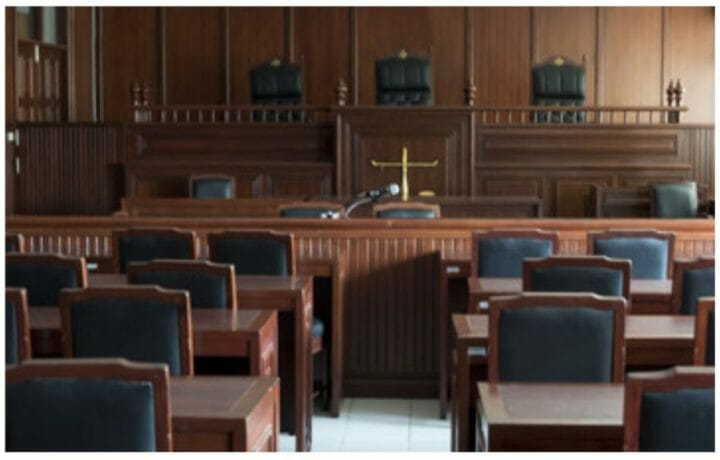Last week, the federal judge overseeing former President Trump’s trial in Florida ordered his attorneys to contact the Department of Justice and begin the process of obtaining security clearances.
The news undoubtedly prompted some head-scratching among federal employees and contractors – who know that they cannot self-sponsor for a security clearance and instead require employment with a federal agency or cleared contractor, along with a need-to-know.
As private defense counsel employed by a former president, the attorneys clearly don’t meet the usual criteria for obtaining a security clearance. However, a 1980 federal law called the Classified Information Procedures Act (CIPA) provides for an exception. Under CIPA, private defense attorneys unaffiliated with the government can obtain security clearances if necessary to competently defend their client against a criminal prosecution brought by the government. This is true whether: information the government is using to prosecute the defendant is classified; the government possesses exculpatory classified information (i.e., information that might help the defense, which the government is constitutionally obligated to turn-over); or the defendant seeks to raise classified information as part of his or her defense.
The arrangement raises some thorny questions, like whether denying a defendant’s counsel the necessary security clearance runs afoul of the constitution’s Sixth Amendment right to counsel of choice. But the less widely known (and probably more interesting for ClearanceJobs readers) aspects of CIPA are the mechanics. Specifically, who grants these clearances, what does that process look like, and how is the classified information safeguarded?
As it turns out, the CIPA security clearance process looks a lot like the one most federal employees and contractors are used to, but with some nuances. Upon a judicial determination that counsel require security clearance, the attorneys involved submit security clearance applications to an obscure unit of the Justice Department called the Litigation Security Group. That office processes the applications and submits them to the FBI for the necessary background investigations. Background investigations like these are typically expedited – just as they are for high-level political appointees – and can be completed in a matter of weeks. Upon completion of the background investigation, career adjudicators at the Department of Justice’s Security and Emergency Planning Office review the Reports of Investigation and render decisions on whether to grant or deny the clearances.
Once the clearances have been granted (or verified to be already active), the court will then typically issue a protective order governing how counsel must handle the classified information. A Classified Information Security Officer (CISO) is also assigned to help counsel facilitate access and ensure compliance with the protective order.
The CISO functions much like the Facility Security Officer (FSO) or Special Security Officer (SSO) with which ClearanceJobs readers are already familiar. Although CISO’s are employees of the Justice Department, they are supposed to act as neutral agents of the court in effectuating the CIPA procedures. The CISO is responsible for ensuring the proper dissemination, handling, and storage of classified information. S/he is also responsible for checking with relevant federal agencies to determine whether classified information “owned” by those agencies can be released to the attorneys. If it cannot be, the government has a few options to deal with this problem, subject to agreement of the court and challenge by opposing counsel. These include providing a summary of the information, stipulating to facts, or providing the information with redactions (so long as those redactions don’t prejudice the defendant).
In rare cases where the information is so sensitive it cannot be disclosed under any circumstances, the government may be forced to dismiss the prosecution as inconsistent with U.S. national security interests. However, CIPA was designed precisely in response to this conundrum; so unfortunately for criminal defendants, such a scenario is largely a thing of the past.
That’s CIPA-for-clearance-holders in a nutshell. File this one under “Jeopardy Trivia.”
This article is intended as general information only and should not be construed as legal advice. Although the information is believed to be accurate as of the publication date, no guarantee or warranty is offered or implied. Laws and government policies are subject to change, and the information provided herein may not provide a complete or current analysis of the topic or other pertinent considerations. Consult an attorney regarding your specific situation.




